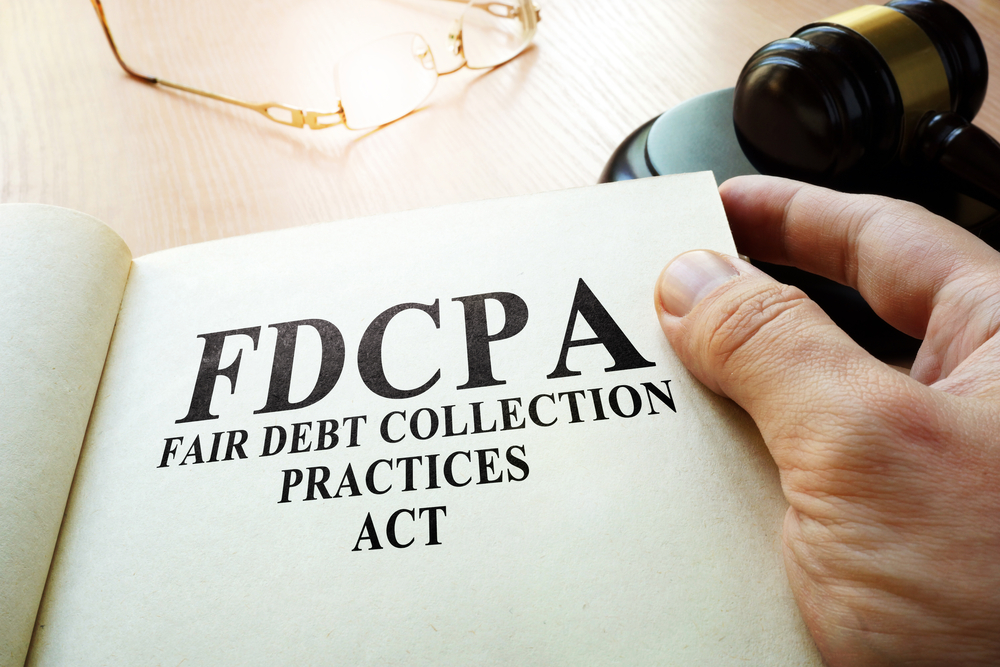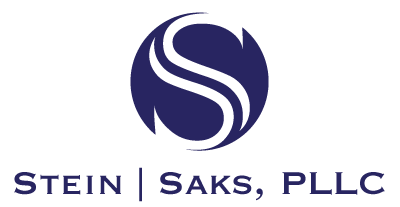
03 Apr The Most Common Violations Of The FDCPA
No one wants to receive a call from a debt collector. The Fair Debt Collection Practices Act provides consumers with certain safeguards against illegal and predatory actions by debt collectors. Of course, debt collection agencies do not always follow the rules. From 2014 to 2024, the Consumer Financial Protection Bureau received more than 525,000 complaints from consumers about debt collectors.
With the FDCPA, you have the right to refuse to engage with debt collectors when they fail to follow legal guidelines. Per this law and other regulatory measures, debt collectors cannot repeatedly call you, harass you, threaten you or make up penalties for nonpayment. With this information, you will know the most common violations of FDCPA, and how the law protects you.
Common FDCPA Violations
1. Harassment and Abusive Language
Among the most common FDCPA violations, harassment sits as one of the worst. Debt collectors may employ aggressive tactics in the hopes that you will become afraid and agree to pay the debt, just to end the abuse. Legally, they cannot use profane language, yell at you or call you names.
2. Misrepresentation and False Statements
Debt collectors know that you do not have to engage with them in the way they would prefer. As such, one of the common FDCPA violations includes misrepresenting themselves or making false statements to leverage fake authority. Debt collectors must identify themselves and give you accurate information about the debt in question.
3. Failing to Validate Debt
Debt collectors sometimes buy debt with little information to prove that the debt is real and matched with the right consumer. Among the most common violations of FDCPA, many debt collectors try to collect debts without first validating them. If they cannot validate it, they cannot continue trying to collect.
4. Contacting Third Parties
Should a debt collector unintentionally reach a third party when trying to collect a debt, , they must follow the rules to avoid the most common FDCPA violations. They cannot harass your family members, friends or coworkers.
5. Unfair Practices
Sometimes, debt collectors threaten illegal penalties or expenses, making these practices among the common FDCPA violations. Debt collectors can only collect interest, fees and other expenses per the original debt agreement. They cannot add fees, threaten to garnish your wages without a court order, or push you to submit a postdated check.
6. Improper Contact Methods
When you consider the most common violations of FDCPA, constant calling may come first in your mind. Debt collectors cannot call you repeatedly or call you outside of the hours of 8 a.m. and 9 p.m. They also cannot call you at work if your employer does not permit it.
7. Collection of Time-Barred Debts
Trying to collect on old debts can create one of the most common FDCPA violations. Debt collectors cannot threaten to sue you for collection of debt outside of the statute of limitation for lawsuits in your state. They also cannot threaten to report debt to your credit past the seven-year limit or report old debts as new.
Seek Assistance to Fight Unethical Debt Collectors
Although the FDCPA exists to prevent these illegal actions, you should understand the law so you can protect yourself. If you need additional assistance, our firm specializes in laws including the FDCPA. Contact us to learn more about our services or to schedule a consultation with an experienced FDCPA lawyer.


Sorry, the comment form is closed at this time.